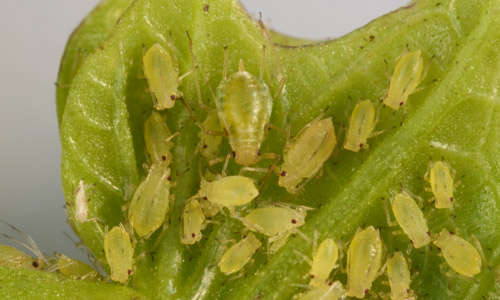



Article by: Hari Yellina
This season, entomologists and agronomists are warning brassica growers about the threat of the green peach aphid and its related viruses. Cesar Australia, a pest monitoring service, is doing research. Due to the wetter than typical summer, Marielle Babineau and Lizzy Lowe wrote in April that the green bridge of volunteer plants was high in numerous regions. This means that large numbers of aphids are more likely to infest developing crops in the autumn and winter. Green Peach Aphid (GPA) can spread a variety of viruses, including turnip yellows virus (TYV), formerly known as beets western yellow virus.
During Australia’s last big outbreak of the disease in 2014, badly hit paddocks saw yield losses of up to 75%, with yield losses of up to 75% in severely impacted paddocks. The bad news for producers is that Dr. Lowe and Dr. Babineau compared this year’s seasonal conditions to those of 2014, which had an early fall break. Due to the large plant of the oilseed last year and the wet summer, there are also a significant number of canola volunteers around the country. Farmers in locations lacking a large green bridge are being advised to keep a close eye on their paddocks.
“We haven’t had a particularly rainy summer,” said Michelle Bammann of Ground Up Agronomy, “but I am detecting green peach aphid on various brassica species, primarily in the vegetable area.” “They’re a dreadful pest, so we’ll be keeping a tight eye on them to make sure they’re not in large numbers,” Ms Bammann said. While GPA is most commonly connected with problems in brassicas, it can also live on a variety of other broadleaf plants, so farmers who did not plant canola last year should be on the lookout.
Researchers have discovered pockets of enhanced GPA resistance to popular insecticides, such as sulfoxaflor, which is the active ingredient in Transform pesticide, adding to the potential threat since the last large outbreak. There have already been reports of large numbers of aphids in paddocks in central NSW and Victoria, according to the Pest Facts team. They claimed that the timing of the onset of cold weather was crucial for aphid numbers at critical phases of crop development, as the steep decrease in temperatures experienced in late October reduced aphid numbers. Aphids will be a serious issue upon crop germination if the current mild weather continues.